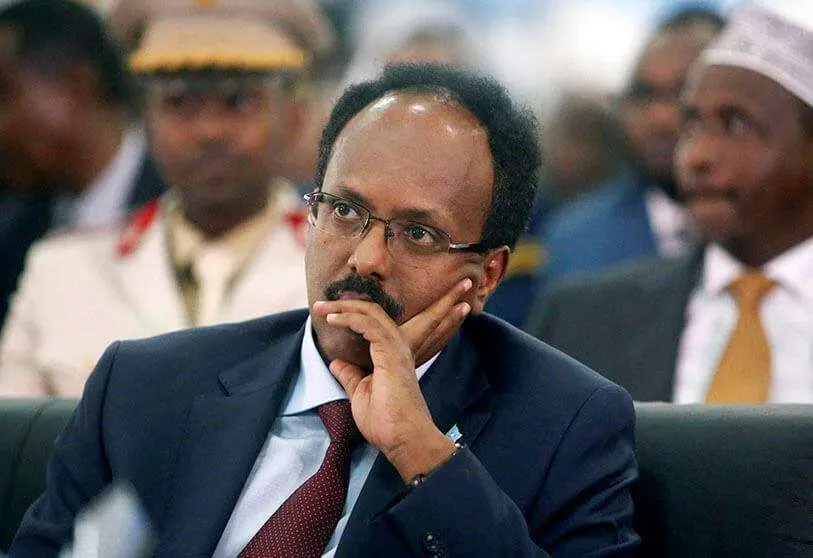Somalia elections postponed

Somalia was scheduled to hold elections this Monday. However, the political situation in the country, with major disagreements with the opposition and tension between regional governments - Somalia is a federal state - which have even led to armed clashes, has led to the postponement of the election day. After days of negotiations, Somali President Mohamed Abdullahi Farmajo announced on Saturday that the elections were cancelled.
The current Somali president will continue to lead the country until a new date is set, and accuses the leaders of several of the regions, such as Jubaland and Puntland, of being to blame for the postponement. Farmajo has also accused other countries, referring to Kenya, of also influencing and undermining the talks that were being held to reach an agreement on the conduct of the elections.

Apart from the political problems with regional leaders, the political opposition also accuses Farmajo of having created an Electoral Commission, the body that is supposed to ensure the smooth running of the process, to suit himself. According to them, the Somali president is said to have included a number of people close to him in its composition, which could have an impact on the proper oversight of this body. The opposition group, which includes leading figures in Somali politics, has also accused the head of Somali intelligence, NISA, of being behind campaigns in favour of the current president.
Information Minister Osman Dubbe has been one of the most vocal, in addition to President Farmajo, in accusing the leaders of the Puntland and Jubaland regions of boycotting the electoral process. He also accuses them of being under the influence of Kenya, a country against which Mogadishu has been levelling serious accusations for months. Indeed, at the end of last year, Somalia severed diplomatic relations with the neighbouring country.
But of Puntland and Jubaland, it is Jubaland that is at the epicentre of the disputes. Ahmed Madobe, the head of the region bordering Kenya, has strong ties to Kenya, which, according to Mogadishu, has opened the door to Kenyan interference in these elections. Farmajo has also accused Madobe and Puntland leader Said Abdulahi Deni of reneging on election agreements ahead of Monday's elections.

Both political and military clashes between the central government and regional authorities have been escalating in recent weeks. More than a dozen civilians have been killed in several towns in the Jubaland region following clashes between the Somali armed forces and armed groups linked to the Jubaland security forces and, according to allegations from Mogadishu, armed by Kenya.
There were high expectations of this electoral process from the international community. However, the effort made in stabilising the country and fighting Al-Shabaab-led terrorism was paying off. In addition, the European Union had expanded its operations in the country, seeking to shore up the country's security sector. However, the events of the late 2020s and the political beginning of 2021 did not augur well for such a process. Somalia must now announce the process for choosing a new date and see if external and internal relations can be smoothed out by then.








